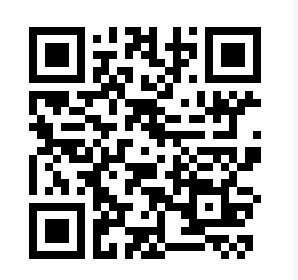Quote:
If you ever began a statement “They should require people to…” then you are both a tool and victim of oppression.
About the Quote:
All possible actions (this includes inactions as well) that a person can do (or not do in the case of inaction) will basically fall into two categories. The first is criminal actions that harm others, such as robbery or murder. The second group is actions that do not harm others. These actions (or inactions) are not able to personally affect you or your family. It is this second group of actions (or inactions) is the focus of this discussion.
History has shown that only people raised in truly free societies have a great deal of trouble understanding the concept of placing restrictions on the action (or inactions) from the second group on others. Only those born to an oppressive society believe it is natural to place restrictions on others. In modern America we openly discuss concepts such as creating Laws that Govern the operation of one’s personal house hold without a second thought. It is natural for Americans to believe it is quite alright for the society to tell people how to raise their children, act toward their spouse, even what kind of pet they own.
How do you personally feel about the concept of placing restrictions or limits of any kind on others? How do you personally feel about society dictating to you how handle your own life?
Once America was a free society and it was considered quite wrong to “meddle” in the affairs of others, yet today Americans feel it is their duty to regulate how others behave. What happened?
The application of the “Good Intentions” programming technique
How this works is people are presented with situations (real but most often staged) where people used poor personal judgment that resulted in horrendous consequences. Let us use for example “Wearing a seat belt”. Now I personally always wear my seat belt and everyone in the vehicle I am driving must buckle up. In this case, I have every right to tell those in my vehicle to buckle up because this action (or inaction) personally affects me. However, what about other drivers in other cars? Here is a situation where what someone else does in their car doesn’t personally effect me. While I personally disagree with the choice they have made, how does their choice personally impact me?
Apply “Good Intentions”…
The oppressors will show you the rare but potential horrendous consequences of not wearing a seat belt. The next step is to create the illusion that these horrendous consequences are an everyday event. Despite the fact that by this point in time, most people are wearing a seat belt all the time because they believe it is a good idea, the official story is most people refuse to wear one because it isn’t required for them to do so. As you get presented with these horrific images over and over, the oppressors will quietly suggest that this could all go away if they could pass a law that requires people to wear a seat belt. They ask that you support them in this effort in the name of saving lives. What they are really telling you is that people are unable to make good choices on their own and NEED to be governed or else they die. Once the law is passed, you are now presented with the illusion that because of the passage of this law, these foolish individuals are now wearing seat belts and lives are being saved.
This process is repeated over and over, starting first with requiring people to comply under the mandate of law with common sense things they already do. Each time the illusion is painted that people in general basically injure and kill themselves foolishly unless someone governs how they behave. At a certain point people are so used to this method of the application of Law for “The Greater Good” that it now becomes expected and supported by members of the American society.
Those who are born to truly free societies have a great deal of trouble understanding the concept of placing restrictions on others, while those born to oppressed societies have trouble imagining life without restrictions.



